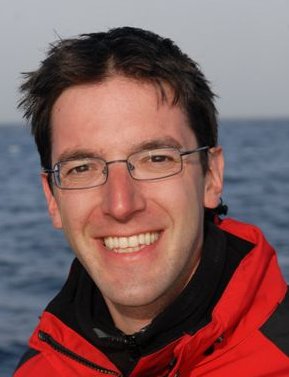Update: It seems that the UNFCCC background page referred to below has changed and the link no longer works – see table of contents.
A response from Justin Wood, writing to me from Australia after my previous post (cited with permission below), has prompted me to write a follow-up on the story of the greenhouse effect (GHE).
I wonder if you’ve seen this terrible description of the greenhouse effect on a UNFCCC background page? http://unfccc.int/essential_background/feeling_the_heat/items/2903.php
It actually says that incoming solar energy is ‘reflected’ by the planet’s surface ‘in the form of a calmer, more slow-moving type of energy called infrared radiation. … Infrared radiation is carried slowly aloft by air currents, and its eventual escape into space is delayed by greenhouse gases’ (emphasis added).Given your recent excellent explanation of the real physics on RC, I thought you might be interested! It’s downright disturbing that this silliness comes from such an important source; and I’ve found it repeated all over the place. (On that RC post, I would humbly suggest that the section on stratospheric cooling could helpfully be expanded to make that clearer?)
[Read more…] about The Key to the Secrets of the Troposphere



 It’s almost routine by now: Every summer, many of those interested in climate change check again and again the latest data on sea-ice evolution in the Arctic. Such data are for example available on a daily basis from the
It’s almost routine by now: Every summer, many of those interested in climate change check again and again the latest data on sea-ice evolution in the Arctic. Such data are for example available on a daily basis from the